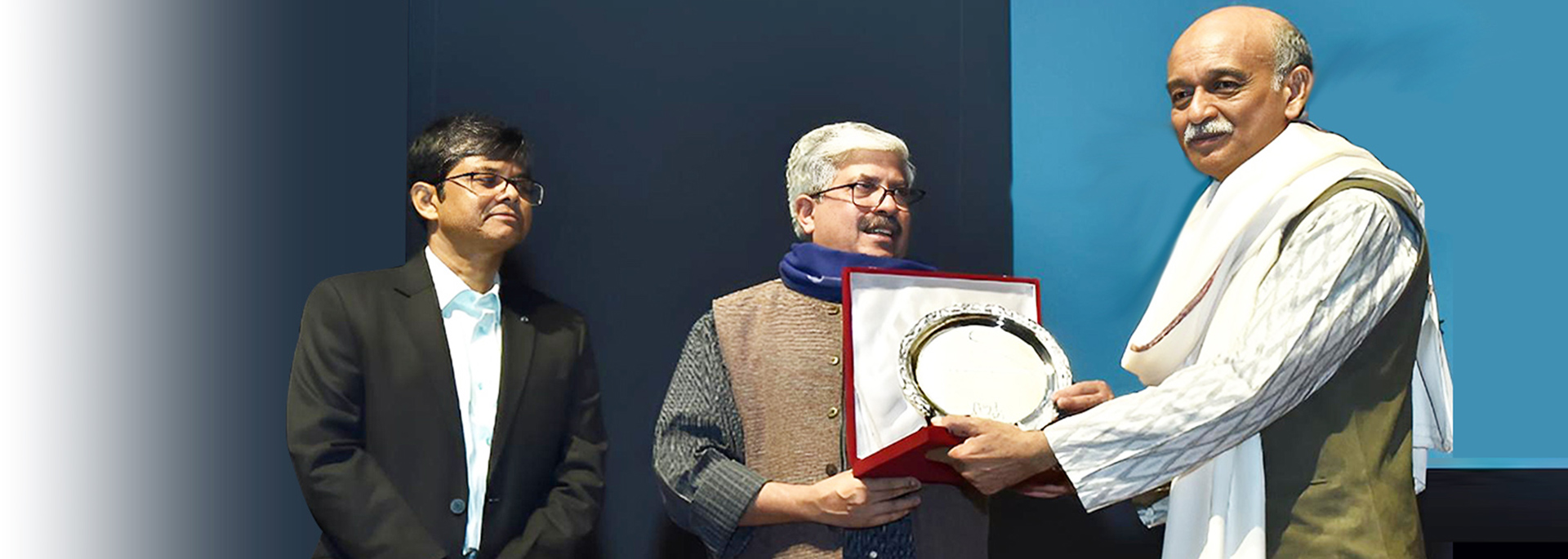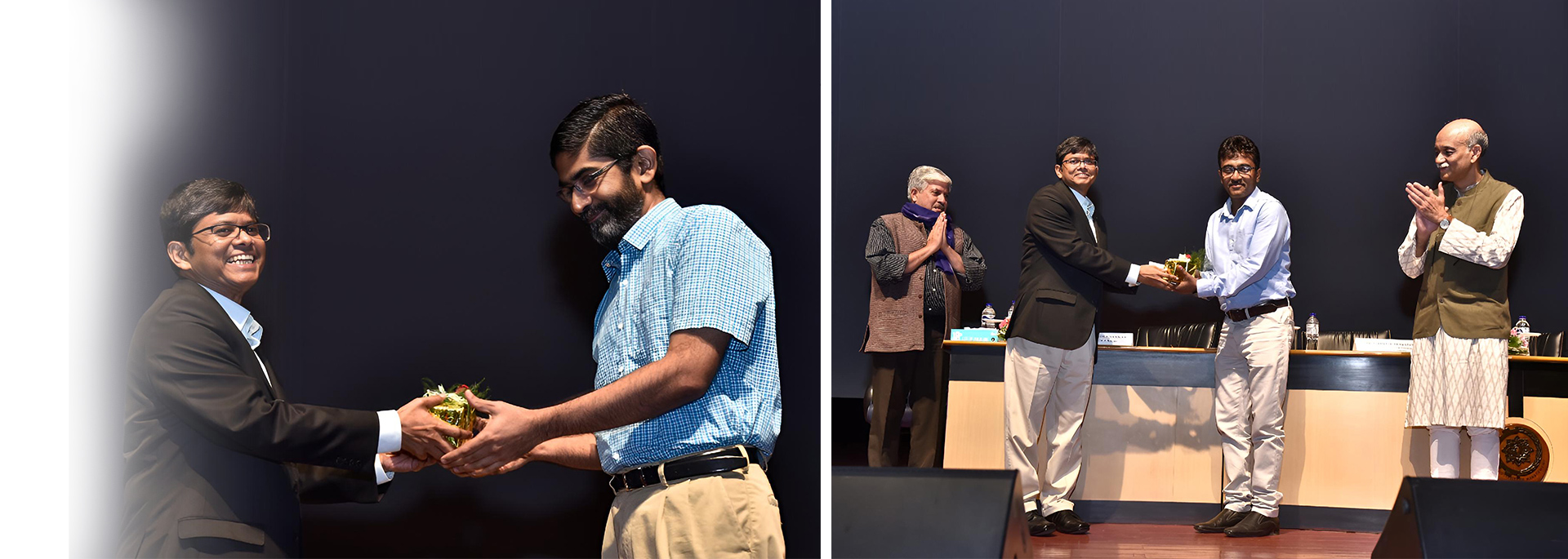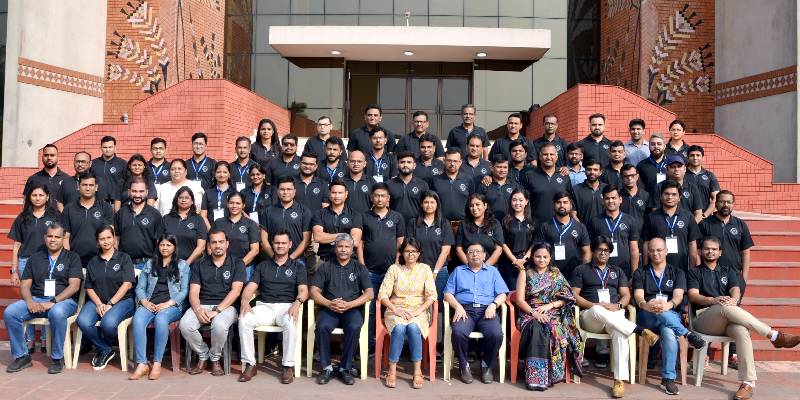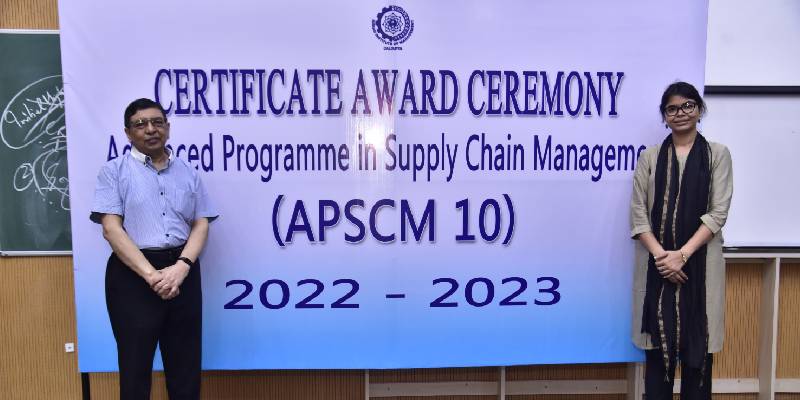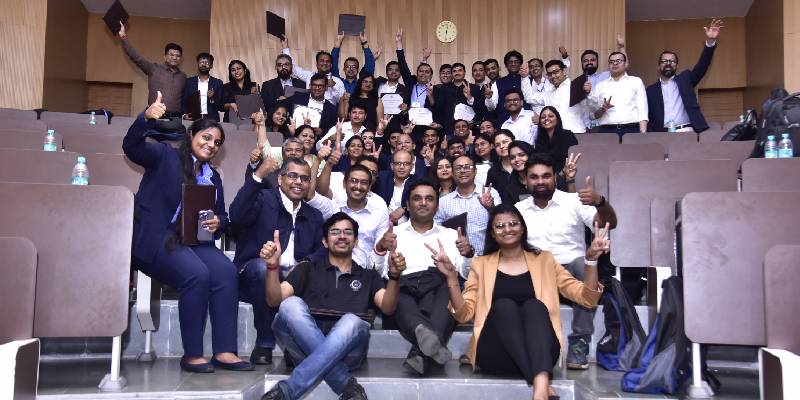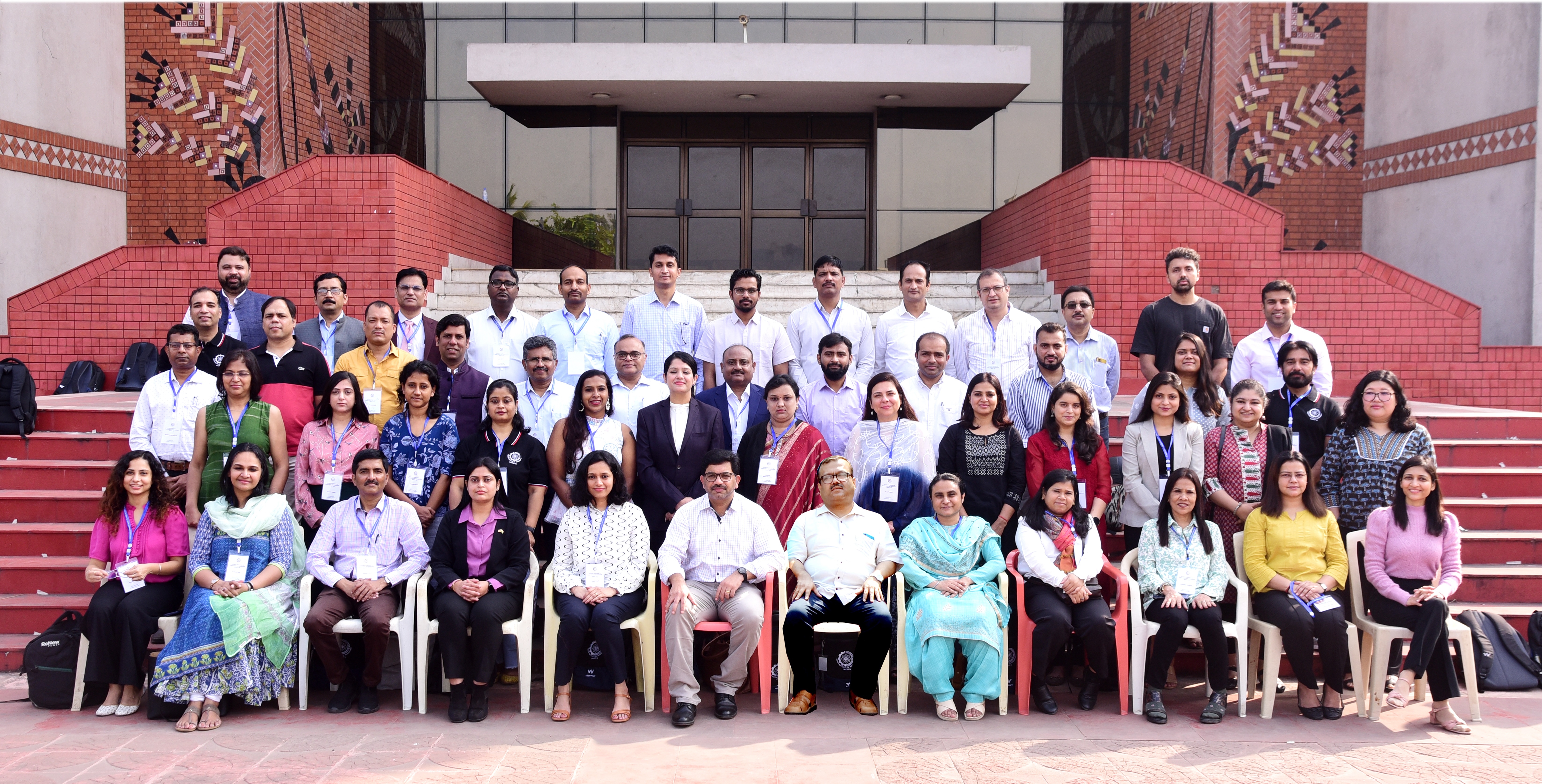Programme Overview
To equip managers and practitioners with the concept and practices of SCM, which will help them deliver corporate success through more efficient coordination with their suppliers and customers. The programme has been designed to suit the requirements of managers involved in SCM operational activities like procurement, production planning, logistics planning, sales and distribution planning, and strategic activities like vendor selection and management, SCM network optimization, and product/process re-design for SCM. The role of logistics and supply chain managers is progressively shifting from supply focused to demand focused owing to the increasing competitiveness of the business environment. Experts have designed this unique Programme at IIM Calcutta to enable these managers to be adequately skilled to keep up with the changes in the business environment and to rise beyond the expectations of their firms. Further, the program includes topics on fundamental aspects of management theory to enable supply chain practitioners to comprehend and leverage the business environment and equip them with skills to assume greater responsibilities cross-functionally.
Programme Objective
- This advanced Programme in supply chain management imparts advanced knowledge in the form of supply chain modeling and strategy.
- This advanced Programme brings in a unique blend of multi-disciplinary (operations, sales and distribution, information systems, accounting and finance, behavioural science, human resources management, economics, e-commerce) learning to equip supply chain managers with all-around capabilities in managing real-world supply chain issues.
- One of the unique features of this programme is the group project, where the participants are expected to apply some of the learnings in solving real-world supply chain problems. This not only makes this course of practical utility to the participants, but also, the Institute can leverage these diverse project reports into future case studies for PGP teaching with prior permissions to respect confidentiality agreements.
- Through further development of project reports, the Institute can write research reports with industry partners and develop future consultancy project opportunities.
- This Programme proves to be beneficial to faculty by providing them the opportunity to be aware of real-world supply chain problems.
Programme Directors
Who Should Attend
Working professionals with at least 3 years in a supply chain management role (purchasing, production, inventory control, logistics, demand management, design, distribution or any related functional areas of the supply chain) will find the programme both challenging and stimulating. This programme is designed for managers who plan to further their careers in logistics or supply chain areas in service and manufacturing organizations.
- Graduates (10+2+3)/Diploma (10+2+3)/Post-graduate from AICTE or UGC-approved University (currently employed) in any discipline with 50% marks.
- Participants with less than 50% marks in graduation but 50% or more in post-graduation are also eligible.
- Candidates should have a minimum of 3+ years of work experience in supply chain management or related roles as on the Programme Start Date, i.e., Technical Orientation Date.
- Candidates should be working at the time of filling up the application form, and in case of non-working candidates who are interested in enrolling can submit their application; however, the selection will remain at the discretion of the Programme Directors only.
Programme Duration and Delivery
The duration of the Programme is 12 months.
The programme will be delivered through online classes held once a week. The class schedule is Sunday 6:45 pm to 9:45 pm.
There will be two campus visits. 1st campus visit will be of 4 days (middle of the programme) and 2nd campus visit will be of 4 days (near the end of the program).It is compulsory for every participants to attend both the campus.
The campus visits will be conducted subject to the evolving pandemic situation and will depend on government and institute regulations, advisories and guidelines related to the pandemic.
Pedagogy
Courses are delivered through case studies, live corporate examples and general discussions. Business leaders from different industries would be invited to share their experiences to provide greater industry insights.Programme Content
- Introducing Supply Chain Management
- Core Supply Chain processes
- Supply Chain complexity- Bull whip effect, Handling uncertainty
- introduction to Supply Chain Simulation
- Supply Chain Strategy
- Evaluating supply chain network strategy: capacity, technology, translating supply chain decisions into financial terms - Total Landed Cost, Total Cost of Ownership, Discounted cash flow analysis
- Supply Chain Structure Design: Push, pull, postponement
- Supply Chain Governance: Contracts and Relationships
- Risk and Resilience in Supply Chains
- Sustainable Supply Chain Transformation
- Introduction to Triple Bottom Review and SDGs, Sustainable Supply Chains and Value Chain Mapping, 3P Metrics, Circular Supply Chain
- Inventory Management
- Economic Order Quantity models- sensitivity, non-instantaneous lead time, quantity discounts, concept of back orders
- Single period inventory models – critical ratio, expected profit, expected units short
- Continuous review policy(s,Q) model & Periodic review policy (R,S) model using performance metrics (cycle service level and item fill rate) and stockout cost metrics (cost per stockout event and cost per item short)
- Special issues- exchange curves, grouping like items, location pooling
- Logistics and Global Supply Chain Management
- Freight transportation- selection and its impact on inventory
- Warehousing- design, operations heuristics, material handling
- Designing & Managing Channel Partners – Distribution
- Product Life Cycle and Distribution Challenges
- Managing Customer Relationships
- Measuring Channel Performance
- Managing Channel Conflict
- Procurement and Sourcing Management
- Development of Supply Strategies
- Purchasing Performance Evaluation
- Supplier Price & Cost Analysis, Value Analysis
- Customs, Duties, Tariffs, INCO terms, Rules of origin, Letter of credit etc.
- Aggregate Planning, Sales & Operations Planning, MRP
- Sourcing Quality, Acceptance Sampling, Process Capability
- Supply Chain Finance
- Ecommerce supply chain & fulfilment
- Last mile logistics
- Quick commerce
- Omni-channel Ops and Supply Chain
- Supply Chain Analytics & Simulation
- Modelling Optimization and Simulation for Supply Chains; Network Design & Optimisation
- Predictive Analytics: Forecasting: Time Series Methods and Causal Methods
- Introduction to Operations
- Process Analysis, Operations Strategy ,Sales & Operations Planning, , Service Operations
- Digital Supply Chains
- Role of blockchains in digital transformation
- Internet of Things, Enablers (clouds, platforms, and digital twins), Digital purchasing
- Case studies of applications in various sectors
- Topics in Fundamentals of Management Theory
- L1. Finance - Conceptual framework of financial reporting; Corporate Financial Statements: Balance Sheet;
Profit and Loss Statement; Cash Flow Statement Analysing Financial Statements; Financial Ratios;
Taxation & supply chains. - L2. Negotiations - Building negotiating ability, psychological insights and skills.
- L3. International Trade - Trade pattern across the world- trade and investment linkage through production networks Trade policy instruments-tariff, quota and other measures WTO and Trade Blocks.
- L4. Legal - Legal Aspects of Purchasing, Sourcing & Contracts.
- L1. Finance - Conceptual framework of financial reporting; Corporate Financial Statements: Balance Sheet;
Simulations: The programme will have Global Supply Chain Management Simulation and The Fresh Connection Simulation
Capstone Project: The APSCM capstone project requires the participants to reflect on their learnings from the programme through real-life applications of one or more of the concepts, tools and techniques covered in the programme. The idea is to take the concepts learned in the programme and apply them in one's current organization and role to either improve an existing process or introduce a new process that will likely result in better outcomes. This exercise will allow participants to assimilate the learnings from different programme modules and connect it with their respective industry applications.
Programme Sample Certificate
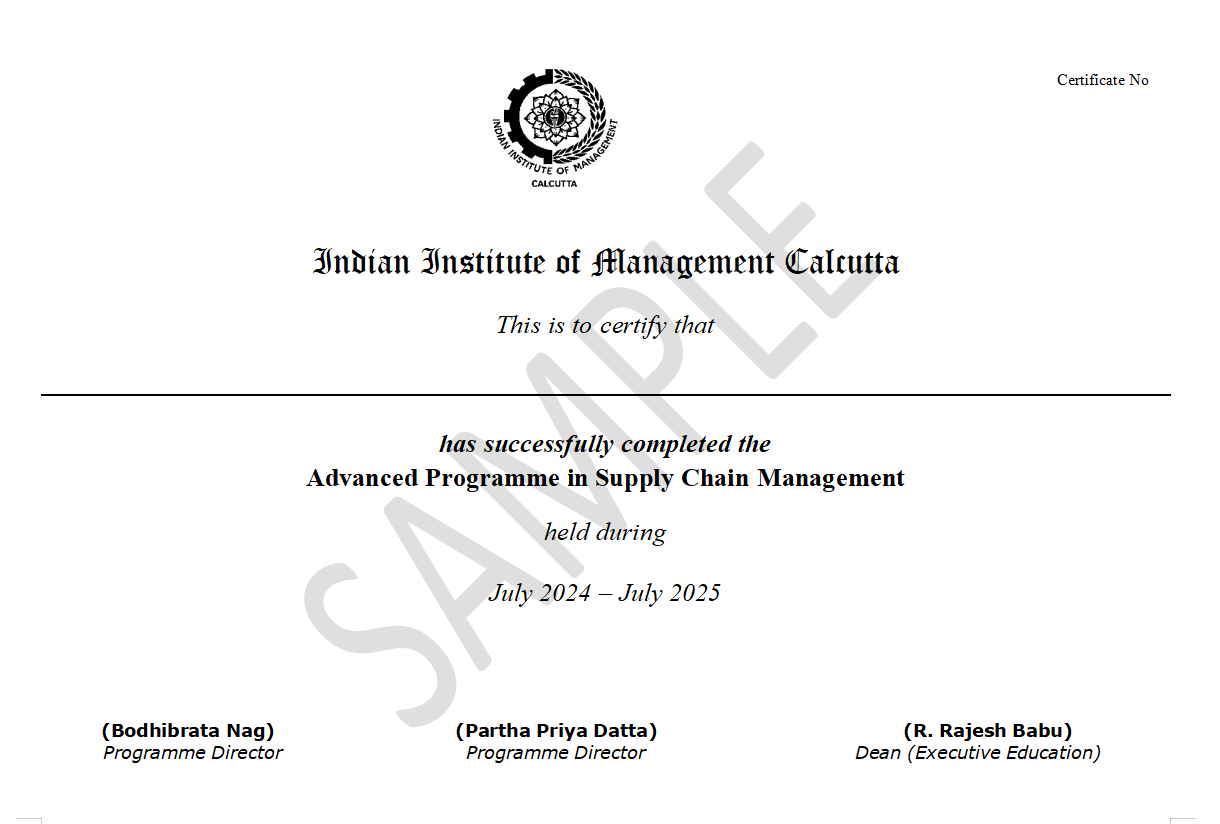
Alumni Status
- LDP participants who complete the programme successfully become the Alumni of IIMC Executive Education, which currently has over 30,000 members.
- LDP Alumni are given an email-id in the IIM Calcutta domain.
- LDP Alumni can register in the IIM Calcutta Alumni portal either with this email-id or with their personal email-ids. The IIM Calcutta Alumni portal is a common platform for Alumni of all programmes of the Institute to interact with each other and stay connected with the Institute.
- The Institute shares newsletters, important news and articles about the Institute and its activities, the achievements of the Institute's faculty, staff, students and alumni, upcoming events and programmes etc., on the portal.
- Alumni can post their achievements, write about jobs or LIVE project opportunities for other alumni to see.
- The IIM Calcutta alumni network can also be accessed on mobile phones through the mobile app.
- Executive Education Alumni are entitled to a discount of 5% on the programme fee if they opt to do another LDP.
- By using the different features of the IIM Calcutta portal, alumni across programmes can engage with each other in many meaningful ways. It is up to the alumni themselves to leverage the platform
How to Apply
For further details and for downloading the application form please visit:
http://iimcalcutta.emeritus.org/iimc-advanced-programme-in-supply-chain-management?utm_source=iimc&utm_campaign=school_website&utm_medium=website
Email ID - enquiry[dot]india[at]Emeritus[dot]org
WhatsApp number - +91 74120 81081
Inbound/IVR number - +918277998590


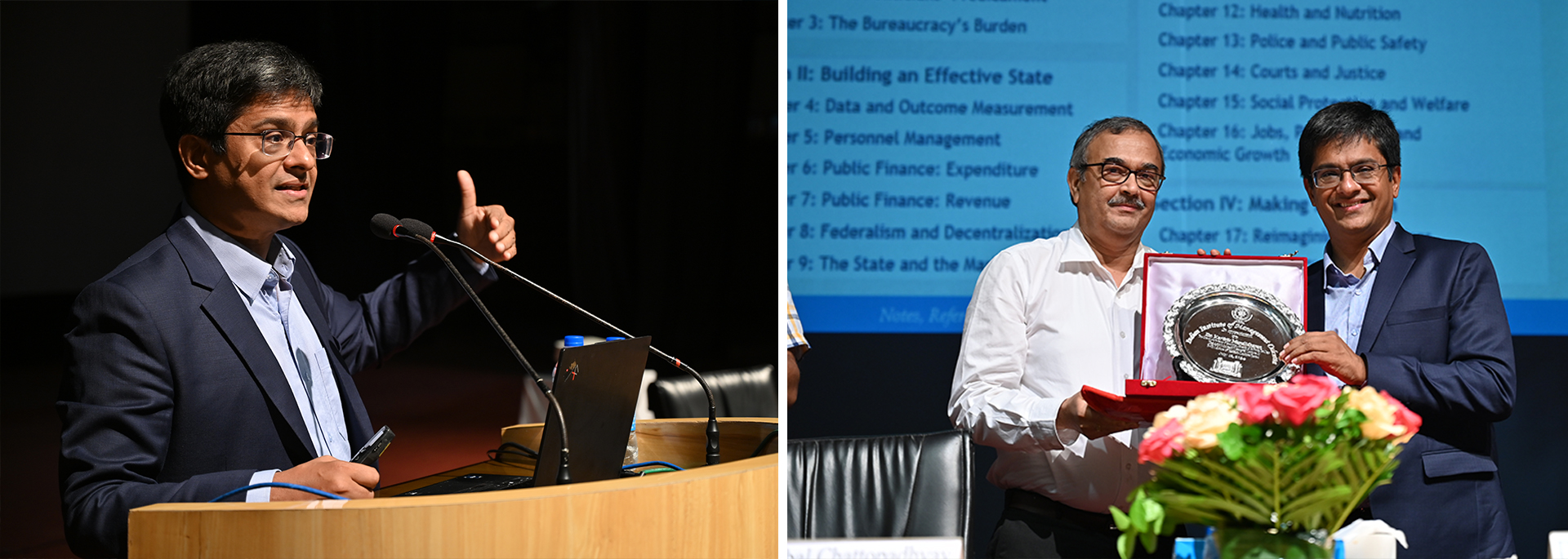
.png)

